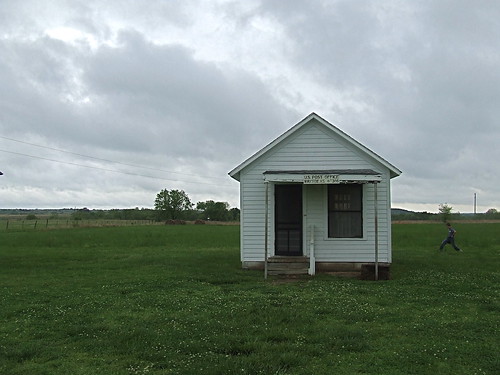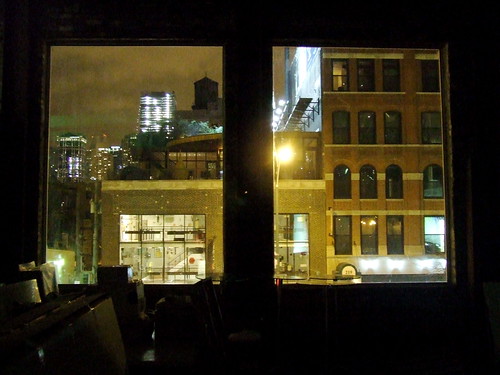Last night Chris and I watched a Netflixed DVD of the 1980 film Ordinary People. I’ve been on something of a mission to find and watch movies that I watched repeatedly on cable during my childhood, movies that imprinted on me for whatever reason. Sometimes it’s a movie like The Fish that Saved Pittsburgh, where you feel compelled to simply confirm that yes, there really was a disco sports movie about a basketball team that harnessed the power of astrology to win the championship (also they rode in a sparkly hot air balloon). And sometimes it’s a movie like Ordinary People, which is one of those dysfunctional-families-of-the-80s award-winning things. As a kid it fascinated me because it was set on the North Shore of the Chicago area and portrayed an affluent lifestyle that I both resented and envied. Somehow I couldn’t get enough of the Ordinary People family, with their golf games and Nordic sweaters and their many, many psychodramatic tics.
Donald Sutherland plays the most sensitive and kindhearted tax lawyer ever in the history of the North Shore, and he lives in a big white house with his wife, Mary Tyler Moore, and his son, Timothy Hutton. Mary Tyler Moore puts silver napkin rings on napkins and lines them up just so in the buffet drawer, which is how you know she’s an asshole. Timothy Hutton has a bad haircut that he gave himself in the mental hospital and he spends the first half hour or so looking (and kind of acting) like he’s been punched in the face. They’re all trying get past the boating-accident-death of the oldest son, “Buck,” who appears in flashbacks as the only one in the family who isn’t brittle and awkward. Timothy Hutton is so guilt-wracked as the surviving brother that he attempted suicide, and now he’s trying to get his life back together and date a very young, baby-faced Elizabeth McGovern. Judd Hirsch is his outpatient therapist; he smokes and swears and wears ribbed cardigans and has a dingy shitburger office. I know it sounds like I’m making fun of this movie, but it’s honestly good. You can laugh at the on-the-nose portrayals of classic dysfunction even as you admire the performances.
I am kind of sad Mary Tyler Moore didn’t spin off this role into a TV show called Brittle, Privileged Mother, where every week a guest star tries and fails to emotionally connect with her. It would be a sitcom, because apparently I am at an age where I find that premise hilarious.
But I also find myself remembering my younger self when I watch this movie, and how I gazed at the autumnal landscape of Lake Forest and the preppy outfits and the tidy homes. Much of the setting resembled Oak Park, where I grew up, but with the patrician affluence cranked up an extra few notches. The Ordinary People family didn’t resemble mine at all, but whenever I saw the movie I liked to imagine I was looking into my future, when I would wear tartan skirts to choir practice and come home to a beautiful and oppressive household and run upstairs to my room in anguish. I liked to think that by watching I was getting ready for all that.
I am not terribly disappointed that my life turned out differently. Except, I guess, for the part where Judd Hirsch was supposed to be my therapist.








